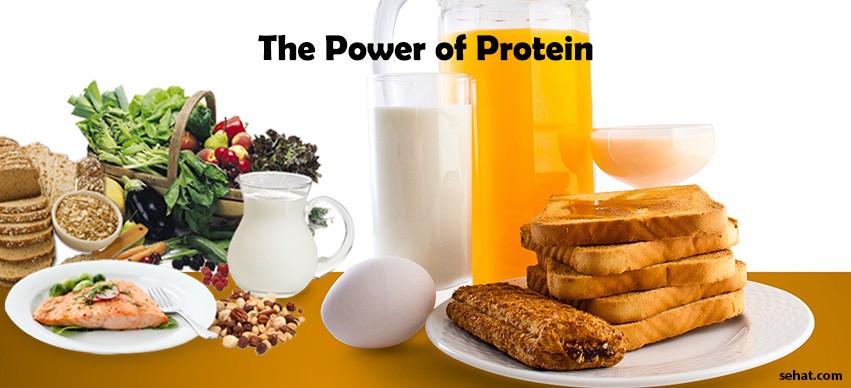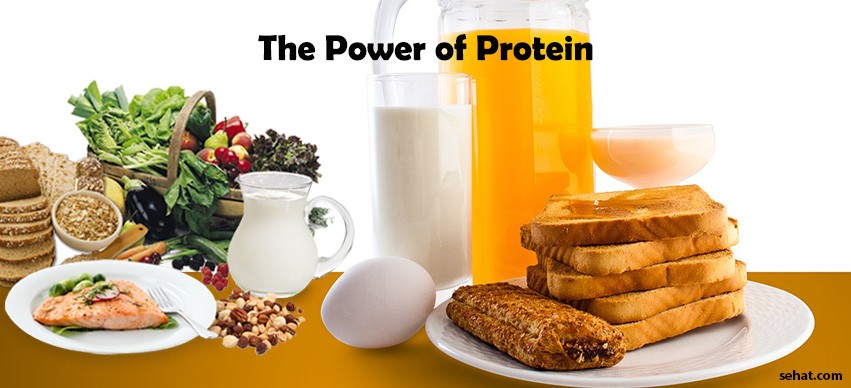What is Tempeh? Nutrition, Health Benefits, How to eat
4 Min Read


The craze on proteins is now going overboard. Now that more than half the population is confirmed health-freaks, parents are stuffing their kids up with everything with the slightest mention of the word protein in it and are damn happy about it. But – there is a big ‘BUT’ here; how much of that protein is being utilized by the body? In other words – Is the body digesting the protein well? Or is it making a magnificent exit from the body into the pan? This doesn’t only apply to the kids but also to the grown-ups; in fact, it’s the grown-ups who should get their facts right more than the children.
In more than 80% of the cases, 70% of the protein – on an average - being consumed flows out of the body undigested. While some may blame it on the adulterations, the fact lies elsewhere. It is our own half-bred scientific ideas that surface as the root of all evil.
To start with, there is too much emphasis on lean protein. True, it is essential for tissue growth and repair and also for the metabolism running high but all that comes when it is digested properly and that is the job of the stomach (gastric) acid. Taking away saturated fats and common salt from diets and popping sumptuous consumption of antacids are the biggest reasons behind the maiming of protein from performing its duties. Let’s see things under clearer lights.
Okay, let’s take it you know what digestion is; else, know it as a mechanism that breaks down complex food molecules into simpler and smaller molecules for the body to absorb and use to fuel the life processes.
The initial physical break-down of protein begins in the mouth, which is continued in the stomach as a chemical break-down process as the protein is bathed in the gastric acid. Gastric acid is a digestive secretion collective of hydrochloric acid, large quantities of potassium chloride (KCl) and sodium chloride (NaCl). It activates the digestive enzymes (pepsin, rennin and lipase) so that they may unravel the ingested proteins. However, this is in a nutshell; the actual process is more complex and you need a degree in gastroenterology to grab it hundred percent.
Parasitic and bacterial infections often hamper the body’s ability to produce the gastric acid, often initiating symptoms like hypochlorhydria and achlorhydria, which, in plain English is ‘low’ or, ‘no’ gastric acid. This also hampers the stomach’s natural disinfecting properties, holding the doors ajar for the infections of the digestive tract to settle in. These infections are usually Vibrio- or Helicobacter bacteria and examples could be Giardia Lamblia or parasitic fungus like Candida Albicans. However, that’s another story and has largely to do with disorders like gluten and lactose intolerance.
All in all, if gastric juice are low or absent, you are bidding proteins goodbye through the back door. Unless you juice-up in adequate quantities, no amount of protein will be good enough.
The condition is further worsened by antacids. Not many people know that decreased acid levels trigger symptoms that surprisingly match gastroesophageal reflux (abnormal backward flow of stomach contents into the esophagus), so antacids come to the rescue. This further impairs the digestion of proteins; the antacids inhibit the activation of the digestive enzymes by altering the low gastric pH and make nutritional deficiencies occur. This is the beginning of a vicious cycle; to obtain energy, people turn to more proteins and energy drinks (e.g. Glucon-D) and the glucose feeds the parasites. The end result is more pathogen growth and less protein digestion.
Whey Concentrate: This most basic form of protein is a good choice while you are fixing things up and it doesn’t lighten the wallet either. However, do not take in more than recommended due to an exaggerated zeal; it will gas and bloat you up.
Casein Protein: This is testing the waters before opting for a heavier protein. The advantage of casein is it slowly breaks down over several hours, so you won’t end up over-consuming. It keeps you anabolic throughout for 5 to 7 hours.
Hydrolysate Protein: This is the most expensive source of protein and also of the highest quality. The peptides in it are highly absorbable and therefore, highly anabolic.
Milk Protein Isolate: This is a mix of casein and whey proteins isolates, full of amino acids but not preferred for night use.
Egg Albumin: Finally, back to old school with a fully functioning gut. This is basically the egg white, used throughout the day but not at night.